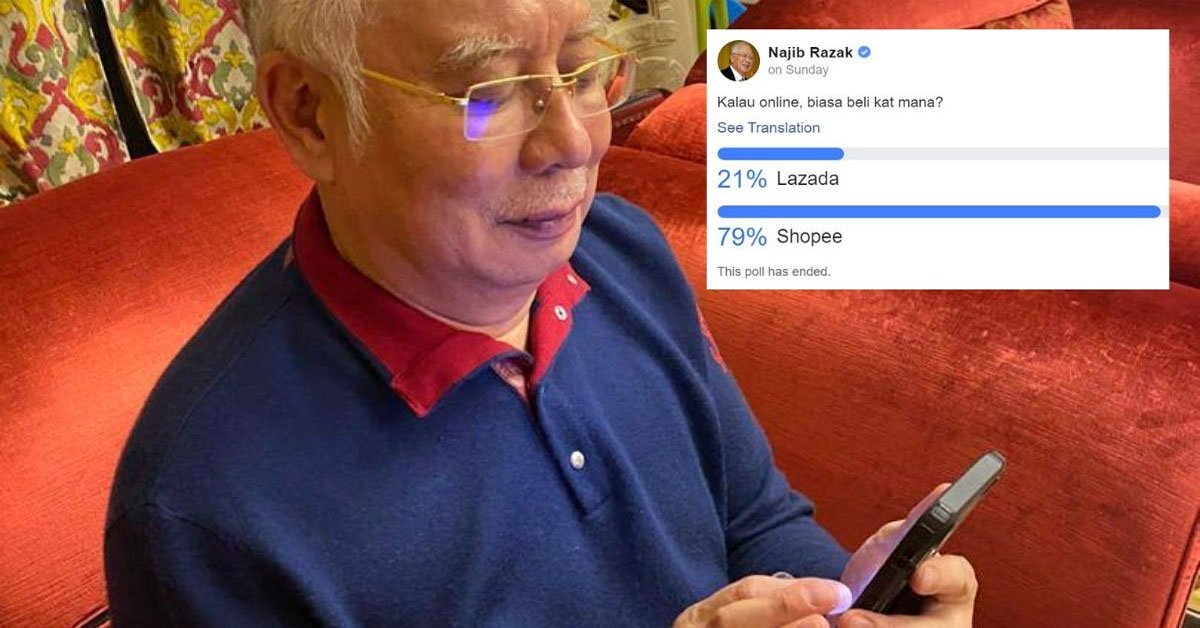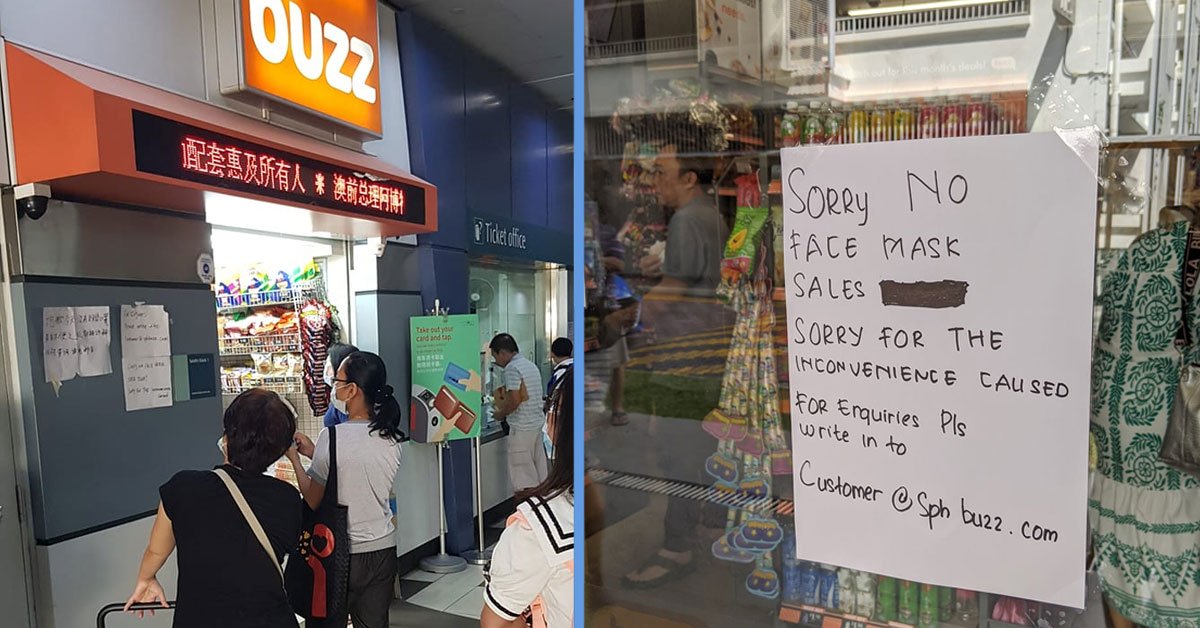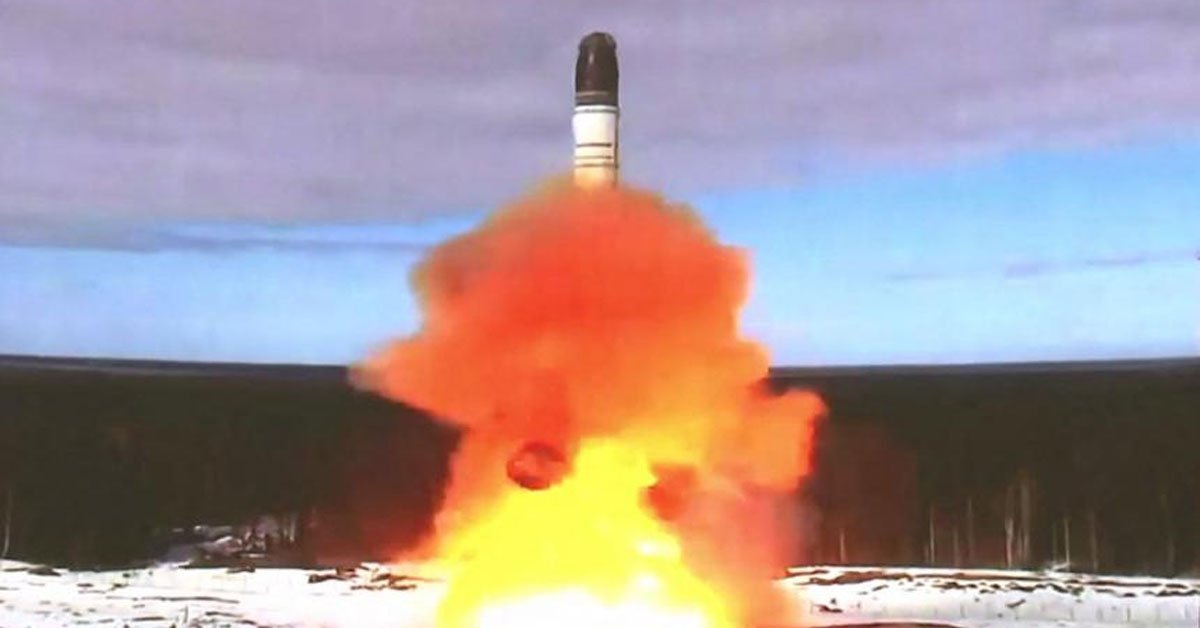Recession. You’ll be hearing that very scary word a lot these few months. (Although to be fair, the word is basically used and thrown around even before COVID-19.)
Just open any news and you’ll see this:

All you wanted to do was just watch some cute puppies playing man, why they gotta do dis?
Suddenly it sounds like everybody’s mother is dying, your sister will be losing her job, your bank account will go to negative forcing you to borrow from loan sharks, and the days of eating Cai Png with fish will become Cai Png only veggie.
Hell, even Darth Vader appears to be fired by Disney because of the recession.

But Here’s What A Recession Actually Means
According to Wikipedia, a recession is a “business cycle contraction when there is a general decline in economic activity. Recessions generally occur when there is a widespread drop in spending (an adverse demand shock).”

Basically, it means less stuff is produced in a country, which also means the total monetary value of stuff is also lesser in a country.
So for instance, in a recession, a bubble tea shop will sell less bubble tea, the total value of bubble tea they sell is less. Regular patrons of the store stop buying their bubble tea for various reasons. Aiyo, don’t need to make so many bubble tea already, that extra worker now how? Fire loh.
You’ll be asking why people stop buying bubble tea in the first place. The answer is it depends on what is happening. In the COVID-19 case, ask anyone to travel to China or Italy and more than likely people will be looking at you and ask if you siao ah?

People don’t want to travel, then how? Airlines suffer. Suddenly those air stewardess also nothing to do now. Then airline employees drink less bubble tea, switch to teh peng, eat cai png with veggie etc.
And this is just one industry. Something like COVID-19 affects a lot of industries because people don’t want to go out anymore for fear of social contact.
In case you think Singapore not as bad as other countries, it’s not really. Think about that handmade wanton mee stall you always go to. Suddenly their supplier affected by COVID-19, can’t get the nicer ingredients anymore. Business affected.
Look around yourself now. How many are 100% from Singapore only? That’s right. None of them, because Singapore got basically no natural resources.
In other words, we’re very affected by the recession in other countries as well.
But What Do Experts Say?
DBS Bank economist Irvin Seah says that the Singapore economy is expected to shrink 0.5% this year, instead of growing 0.9% forecasted last month.
Oi, brother, 0.5% only mah, simi sai?
You’re half-right. It’s not a lot. The problem is if there’s a continued shrinking. That’s where the worry comes from. The expert also says the same thing about being global effects on Singapore:
“Considering the chaotic situation in many parts of the world and the economic costs of those restrictive measures on trade, investment, consumption and travel, this is evolving into a ‘self-induced’ global recession. Being a small and open economy, Singapore will not be spared.”
He expects that retrenchments for 2020 to go to 24,500, which is above the Global Financial Crisis number of 23,430 in 2009.
But this is only the second private sector economist to say that a recession is coming. The other ones are Maybank economists Chua Hak Bin and Lee Ju Ye (probably both the first in the same economic report), who projected Singapore’s economy to contract by 0.3% for 2020.
That sounded good until you realise that OCBC Bank’s forecast is only 0.3% growth, while UOB Bank’s is 0.5%. And that’s assuming it doesn’t get worse as the year goes on.
Just to give you perspective, for SARS in 2003, Singapore grew 4.5%, in 2009, the Global Financial Crisis, 0.1%.
The times when we saw the economy shrinking were during the Dot.com Bust in 2001 at -1.1%, the Asian Financial Crisis in 1999 at -2%, and the manufacturing recession in 1985 at -0.6%.
And for you? We can’t really say unless we know what industry you’re in.
COVID-19 doesn’t just kill people. It’s killing the economy, too.



